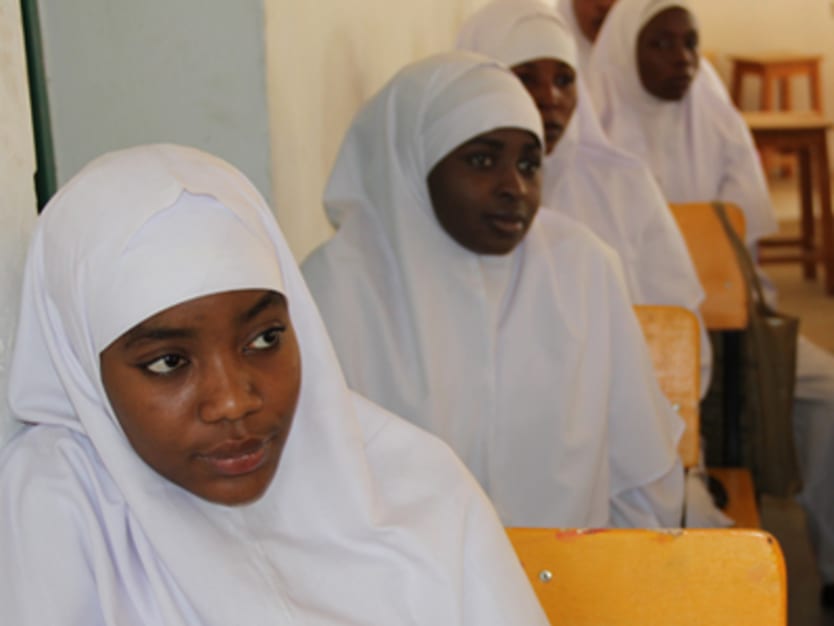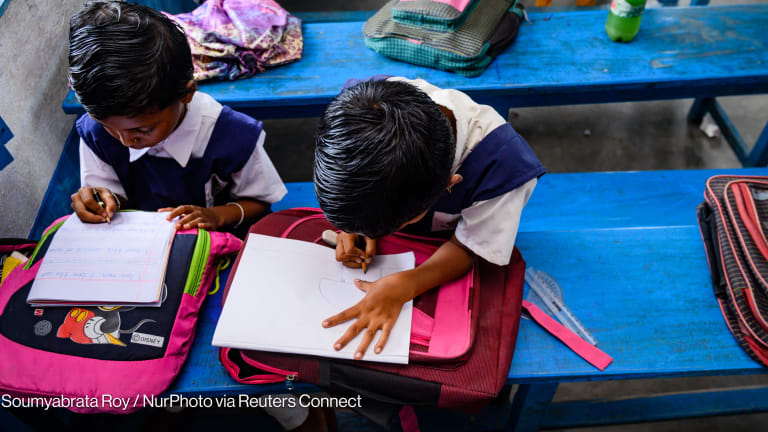
A new report expresses serious concerns on the United Kingdom’s education programs in Nigeria, including on one of the Department for International Development’s implementing partners.
DfID has two programs in Nigeria: the Girls’ Education Program and the Education Sector Support Program in Nigeria. Of the two, ESSPIN is “delivering on the ground more strongly than GEP,” according to the Independent Commission for Aid Impact, a U.K. aid watchdog.
Part of the reason, according to ICAI, is the program’s implementing partner — UNICEF — which is “less willing or able to change its ways of operating to meet DFID’s requirements.” The aid watchdog also notes Cambridge Education, DfID’s implementing partner for ESSPIN, “appears to be better” in terms of program management and logistics than the U.N. agency.
The report recommends that DfID work with UNICEF to improve the performance of GEP in the next 12 months “against agreed targets” on pupil attendance, learning achievement, school completion and gender parity. This is important given that DfID funding for GEP is until 2019. If targets are not met within the given timeframe, the report says “DFID should review the range of services provided by UNICEF.”
When reached for comment, UNICEF Chief of Communication in West and Central Africa Martin Dawes told Devex the U.N. agency “welcomes constructive criticism of its programmes” but that the report “prematurely evaluates a phase of a complex project that began only three years ago.”
“Nigeria is a challenging and difficult country to work in,” Dawes said. “It is too early to evaluate learning outcomes. It would be much too premature to say if this programme has been a success or a failure.”
The program is just one of the many issues ICAI raised in the report, which also acknowledges the country’s “very challenging environment. Other factors that led to DfID’s Amber-Red rating include poor infrastructure, lack of committed teachers and the high number of out-of-school children. The report also notes “very poor learning outcomes” in nine of 10 states in Nigeria where DfID operates.
“We will carefully review the report’s recommendations and respond in due course,” DfID said in a statement. “The team only visited 1 per cent of schools, most of which were in only one state in Nigeria, and they did not take into account the most recent evidence of the projects’ progress.”
Read more development aid news online, and subscribe to The Development Newswire to receive top international development headlines from the world’s leading donors, news sources and opinion leaders — emailed to you FREE every business day.








